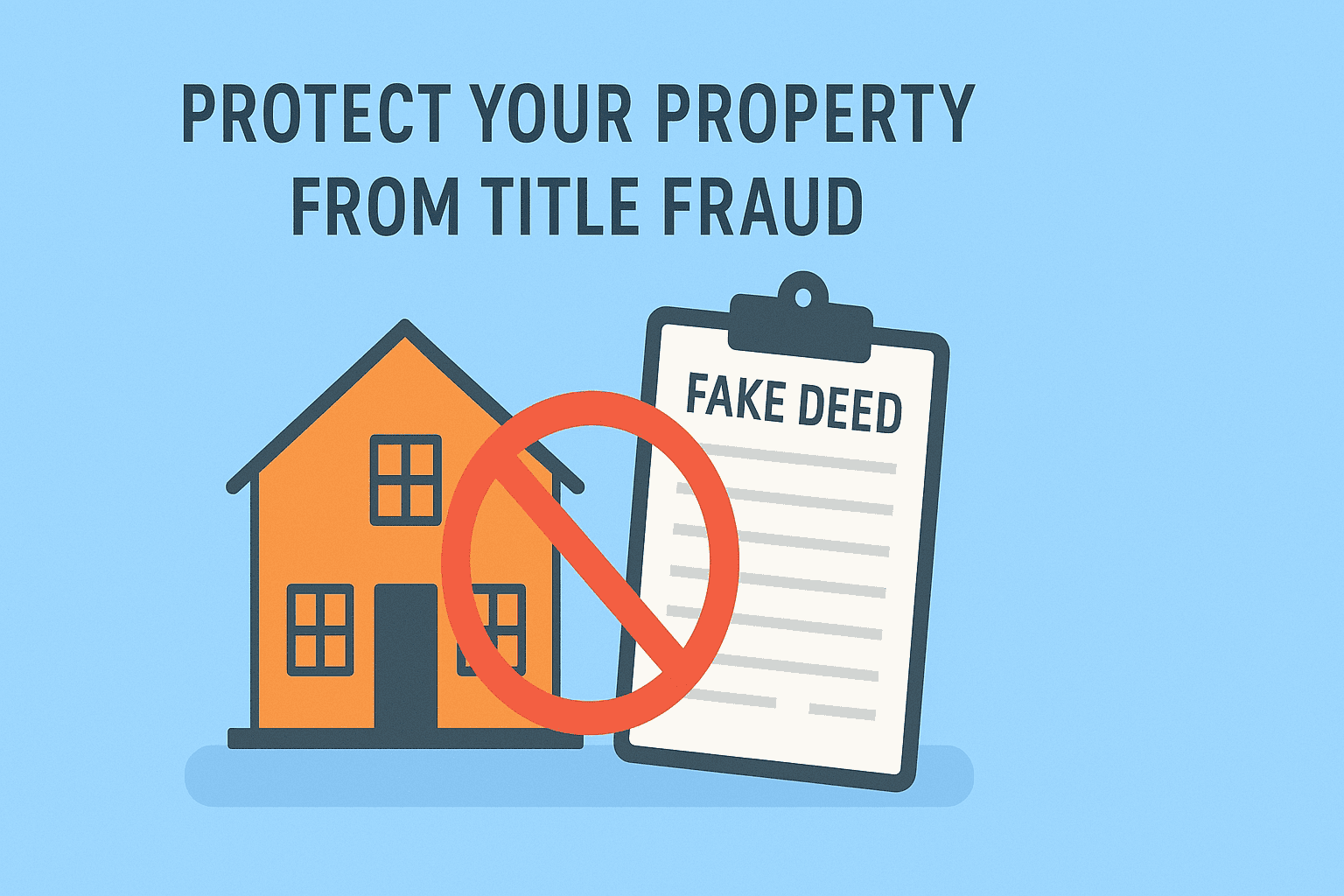
When a loved one passes away, having to sell inherited property can be a difficult task to handle. It is a circumstance that can be an overwhelming experience, one filled with emotions and many questions. While talking about it can be difficult, it is smart to be prepared. This includes having conversations as a family to determine next steps, including where the deed to the home is kept and where other paperwork is located.
After the estate has been settled and the home received as an inheritance, deciding to sell, rent or keep the home is the first step which will help determine what to do next. For those who decide to sell the home, it is a good idea to work with a team of professionals including an attorney and a real estate professional who can offer advice and guidance throughout the process.
Although each situation is unique, here are four tips to consider when preparing to sell inherited property:
1. Assemble a strong team of professionals. Working with a real estate agent, attorney and possibly a tax specialist can help make the process of selling an inherited home go more smoothly. A team of professionals can give the guidance needed to prepare the home for sale and get all of the affairs in order. A real estate professional can offer vital local market information that is especially helpful if the heir does not live nearby. Lawyers and tax specialists can help put all of the processes in order to ensure that selling the home is as easy on you and your family as possible.
2. Do a walk through and get organized. Going from room to room and looking at everything from the condition of the floors to how fresh the paint looks can help determine what may need to be done to the home to help it sell quicker. If the inherited home is older, an inspection is important before making any decisions. There may be certain systems that need renovations. Equally important is to gather all of the necessary paperwork such as the deed to the home as well as researching whether there are any mortgages on the inherited home that need to be paid. Even if the original mortgage was paid off, a reverse mortgage may have been negotiated to help cover expenses. Also looking into local property taxes and when they were last paid is important.
3. Have the home appraised and price it correctly. Property received as an inheritance is not considered to be income by the beneficiary. The adjusted basis of a home is its fair market value at the time it was inherited, so it is important to get an accurate appraisal of the home. A real estate agent can also provide counsel on an appropriate listing price to match market value. Out-of-town beneficiaries can also find it difficult to select competent appraisers, inspectors and other professionals to assist in the home selling process, all of which a real estate professional can assist with.
4. Consider staging or other cosmetic improvements. Although not necessary in all markets or price ranges, staging can be the difference in getting a home sold in a price-competitive market like Fort Lauderdale. An inherited home may not be furnished in the style of other local homes on the market selling at a similar price. A real estate professional can help determine whether or not staging is a good fit for a specific situation. They may also suggest making aesthetic improvements to the home such as repainting rooms, landscaping the yard or replacing fixtures. Make sure the lawn and landscaping look good and that the exterior of the house is in good condition. Low curb appeal can deter potential buyers.
If you are in a position where you have to sell inherited property, contact us. We can help you negotiate the Fort Lauderdale real estate market and assemble a team of professionals.





